Security lapses at well-known companies throughout the world make the news daily. These assaults demonstrate how vulnerable data is and how enterprises of all sizes use weak security measures. The health of your firm as a whole depends on the security of your data. Your financial information, employment data, and trade secrets all require protection. You might lose money and tarnish your reputation if your security were breached. There are actions you may take to prevent making headlines.
1. Secure The Actual Data, Not Simply The Perimeter
With approximately 90% of security resources going toward firewall technology, many firms focus on protecting the walls around their data. However, there are countless potential workarounds for firewalls, including through clients, partners, and staff. These individuals can all get beyond external cyber security and abuse sensitive data. Because of this, you must ensure that your security efforts are concentrated on the data rather than just the perimeter.
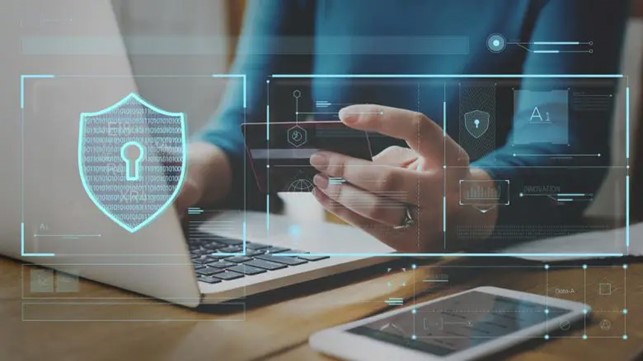
2. Be Aware Of Insider Threats
Since external dangers are frequently portrayed as the biggest and most expensive ones in the news and television, it’s simple to picture them. The truth is that your insiders have the most potential to harm you. Insider assaults can be challenging to identify and stop due to their nature. For example, it might be as easy as a worker opening an email attachment they think is from a reliable source and activating a ransomware worm. Threats of this nature are the most frequent and expensive worldwide.

3. Secure Every Gadget
More and more people in the modern world prefer to work on their personal or mobile gadgets. So how can you be sure that these tools are reliable? Ensure all data is encrypted before storing it and stays encrypted across migrations.
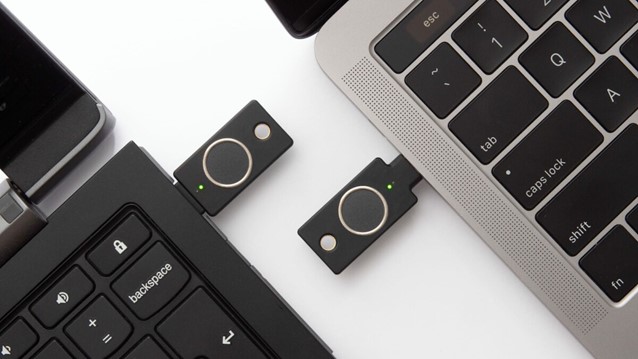
4. Security Checkups
If you believe that putting antivirus software on every computer or device can shield your business from threats, you must be mistaken. As previous data breaches have demonstrated, hiring a reputable company to undertake a security assessment will always find vulnerabilities you weren’t expecting. Instead, you should stroll across your workplace and inspect your coworkers’ desks. If you look closely enough, you can find a sticky note with a password scrawled.
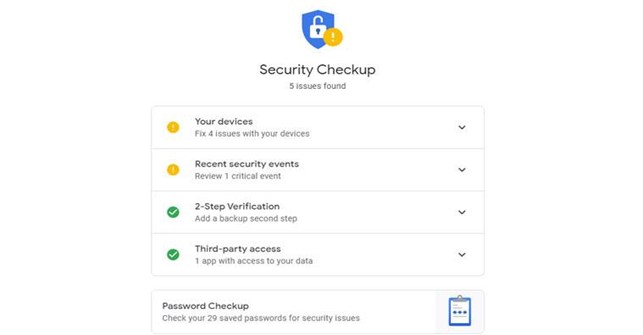
5. Remove Unnecessary Data
Sensitive information is a crucial component of the operations of many businesses, particularly those in the healthcare, finance, public sector, and education. Having information disposal procedures in place helps stop outdated data from being lost or stolen later on. It will be much easier to prevent your staff from storing redundant data if you have a procedure for destroying, deleting, or otherwise altering it to make it unreadable.
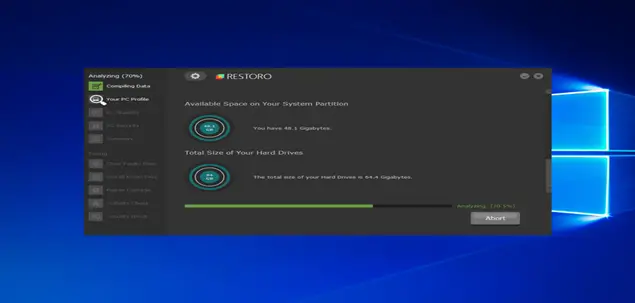
6. Investing More Effort And Resources In Cyber Security
Since data security continues to be the most significant risk to your IT infrastructure, many CIOs have acknowledged that investing more time and money in it is essential. However, with the recognition that cybersecurity must be a crucial component of all business processes, many large corporations with critical corporate data to protect are employing chief security officers, frequently in board-level roles.
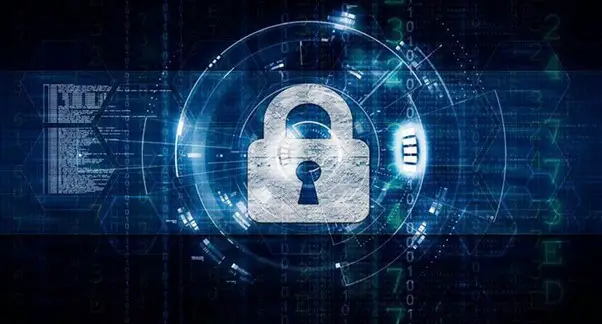
7. Create Reliable Passwords
Many businesses continue to have open password standards, resulting in basic, generic, and hackable passwords for essential accounts with access to sensitive and priceless data. The first step you can take to improve your security in this area is to implement strong passwords. Use moderately complex passwords and update them at least every 90 days. Passwords like “12345” or “Admin1” should never be used. Never write down your passwords and leave them on your computer where others can discover them.
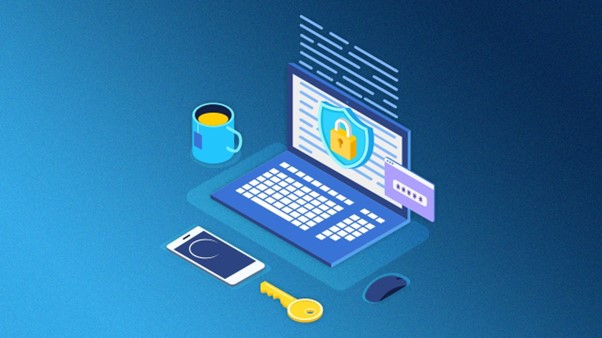
8. Consistently Update Your Programs
Ensure that your machine has the latest updates and patches. It is frequently better to do this to ensure it is sufficiently secured. The most current update to your security software determines how effective they are. It is essential to update these programs frequently because hackers and ransomware strains continually adapt to exploit flaws in older software versions.
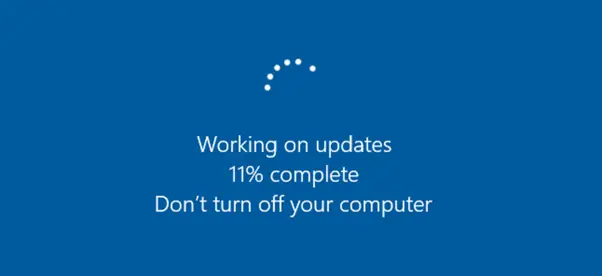
9. Regularly Back Up Your Data
This should be a key component of your IT security plan. If you have secure backups, you can survive anything, from an unintentional file deletion to a complete ransomware lockdown. Backup data should be kept in a safe location remote from your principal place of business as a security best practice.

10. Establish An Organizational Security Attitude
Everyone with a username and password is in charge of maintaining data security. IT administrators must remind managers and staff not to divulge login information to any outside party. Everyone has a role in data security; it is not simply the responsibility of the IT team.



















